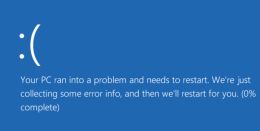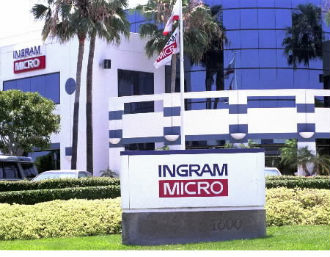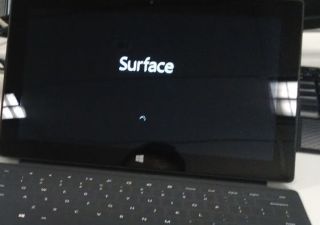 Dell has reshuffled two channel teams, combining them into one under Bob Skelley, executive director of Dell’s Global Certified Partner Programme.
Dell has reshuffled two channel teams, combining them into one under Bob Skelley, executive director of Dell’s Global Certified Partner Programme.
Dell’s global channel marketing exec director Kathy Schneider is also leaving the company to pursue other opportunities.
Skelley will take over Schneider’s channel marketing team, but at the same time he will retain his responsibilities, CRN reports. Dell will combine Skelley’s division and Schneider’s team to form a single Global Channel Programs and Partner Enablement group.
“There was always a lot of synergy between our two teams,” Skelley said, speaking like an executive. “Now we are all under one umbrella and that’s really going to help on execution”.
Channel partners shouldn’t experience any changes due to the reshuffle. Dell said it wouldn’t cut staff or budgets as a result of the consolidation and its strategy will remain the same.
Skelley did not wish to comment on new channel programmes, saying it is still too early to talk about them.


















